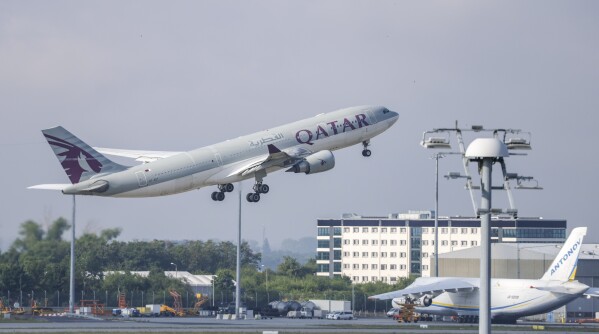EDN Correspondent | Berlin – 23 July 2025
Germany Afghanistan deportation has reignited international controversy, as Berlin conducted its first deportation flight to Kabul under the Merz government—and the second since 2021. A chartered plane carrying 81 Afghan men departed from Leipzig last week, drawing strong condemnation from the United Nations, human rights groups, and Afghan diaspora organizations. The move raises serious questions about the legality of forced returns to Taliban-controlled Afghanistan, where the risk of persecution, torture, and political retaliation remains high. Meanwhile, Taliban authorities confirmed the flight and announced the upcoming arrival of two diplomats in Germany to facilitate future returns.
According to the German Interior Ministry, the deported individuals had been convicted of “serious or particularly serious crimes” and were legally obligated to leave the country. The deportation was reportedly conducted with the support of Qatar, and the German government emphasized that it does not officially recognize the Taliban administration.
However, an official statement from the Taliban’s Ministry of Foreign Affairs, and media reports of two Taliban diplomats being granted German visas, seem to contradict Berlin’s public position.
“Following extensive negotiations between the Islamic Emirate of Afghanistan and the Federal Republic of Germany, 81 Afghan nationals whose asylum applications had been rejected were repatriated today with valid travel documents,”
said a spokesperson for the Taliban Foreign Ministry on 19 July.
Taliban Representatives to Coordinate Future Deportations
According to several media outlets, two representatives of the Taliban are currently being issued entry visas for Germany. One is reportedly set to operate from Berlin, while the other will be based at the Afghan Consulate in Bonn. Their expected role: coordinating future deportations of Afghan nationals residing in Germany.
Tens of Thousands Potentially Affected
Germany is currently home to approximately 446,000 Afghan nationals. Of these, official figures show that 11,423 are classified as obligated to leave. This includes around 9,600 individuals holding “Duldung” status (a temporary suspension of deportation) and 1,821 without any legal right to remain.
“Duldung” is typically granted when deportation is not feasible due to lack of travel documents, pending legal proceedings, or ongoing vocational training.
Human Rights Groups Sound the Alarm
The deportation has sparked widespread condemnation from human rights organizations and UN bodies.
“It is not appropriate to send people back to Afghanistan,”
said Ravina Shamdasani, spokesperson for the UN Office of the High Commissioner for Human Rights (OHCHR), adding that her office continues to document grave human rights violations across the country.
The UN Refugee Agency (UNHCR) office in Kabul echoed these concerns. UNHCR representative Arafat Jamal warned that “conditions on the ground are not conducive for return.”
Amnesty International described the situation in Afghanistan as “catastrophic”, citing reports of extrajudicial executions, enforced disappearances, and torture.
The UN High Commissioner for Human Rights has called for an immediate halt to all forced returns to Afghanistan.
Domestic Political Pressure Behind the Move
Despite sharp international criticism and Afghanistan’s deteriorating human rights situation, the German government appears determined to continue its deportation policy. Analysts interpret this decision as a strategic response to domestic political pressure, particularly from right-wing populist forces gaining traction across Germany.
Critics argue that the government is prioritizing political optics over human rights obligations, with little regard for the risks faced by those being returned.




